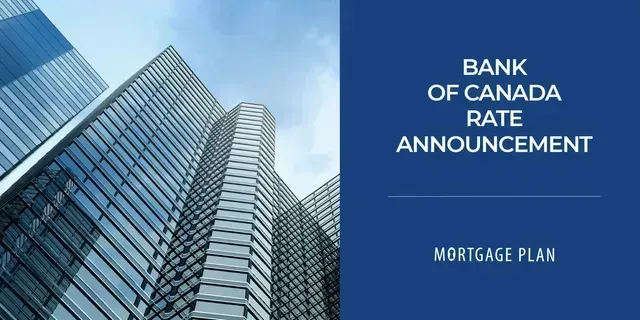BC Introduces Innovative New Program to Help First-Time Homebuyers
In a move to help BC citizens and residents buy their first home, the BC government announced today that it is launching a new program to augment down payments for first-time buyers. The B.C. Home Owner Mortgage and Equity Partnership program contributes to the amount first-time homebuyers have already saved for their down payment, providing up to $37,500, or up to 5% of the purchase price, with a 25-year loan that is interest-free and payment-free for the first five years. Through the program, the Province is investing about $703 million over the next three years to help an estimated 42,000 B.C. households enter the market for the first time.
During the first five years, no monthly interest or principal payments are required as long as the home remains the homebuyer’s principal residence. After the first five years, homebuyers begin making monthly payments at current interest rates. Homebuyers will repay the loan over the remaining 20 years, but may make extra payments or repay it in full at any time without penalty. The loan must be repaid in full when the home is sold or transferred to another owner.
To be eligible, buyers must be preapproved for an insured high-ratio first mortgage (mortgage down payment is less than 20% of the home price). On completion of the sale, program funds will be advanced and the loan will be registered as a second mortgage on the property’s title.1͞
Applications will be accepted starting January 16, 2017. This will be a three-year program with loans advanced from February 15, 2017 until March 31, 2020.
Eligible homebuyers
All individuals with a registered interest on title must reside in the home and:
- Be a first-time homebuyer
- Have been a Canadian citizen or permanent resident for at least five years
- Have resided in BC for at least 12 months
- Have a combined gross income of $150,000 or less
- Have saved at least half of the minimum down payment they will require
- Must be pre-approved for the first mortgage before applying
The first mortgage must be high-ratio insured from an NHA approved lender for more than 80% of the purchase price.
Eligible Properties
Any legal, self-contained, mortgageable residence located in BC
- Must be used as a principal residence for the first 5 years
- Rental properties and seasonal or recreational properties are not eligible
- The purchase price cannot exceed $750,000
Home Partnership Loans
- Up to 25-year term, registered as a second mortgage
- No interest or principal payments for the first 5 years
- Monthly principal and interest payments begin in year 6, amortized over remaining 20 years
- Interest rate for years 6 to 10 set near first mortgage rate at time mortgage is registered
- Interest rate reset to near first mortgage rate at years 10, 15, and 20
- Homeowner may repay in full or part at any time without penalty.
The loan is due and payable in full upon
- The home ceasing to be the primary resident in the first 5 years
- Default on the first mortgage
- Sale of home or change of ownership
- Any other default on the Home Partnership second mortgage
Bottom Line: This is a bold and innovative step to help potential new buyers to meet the greatest hurdle of first-time homeownership—the down payment.
The Federal Government’s new mortgage regulations released in October hit first-time homebuyers hard, so this program will be welcome relief for B.C. residents. The B.C. government estimates that it will make more than 42,000 new loans over the three-year life of this program, amounting to $703 million in new funding available for qualified first-time homebuyers to come up with their down payments. This is particularly important for BC, which has the highest home prices in Canada.
This article was written by DLC Chief Economist Dr. Sherry Cooper and was originally published as a newsletter on December 15th 2016.
Share
RECENT POSTS





